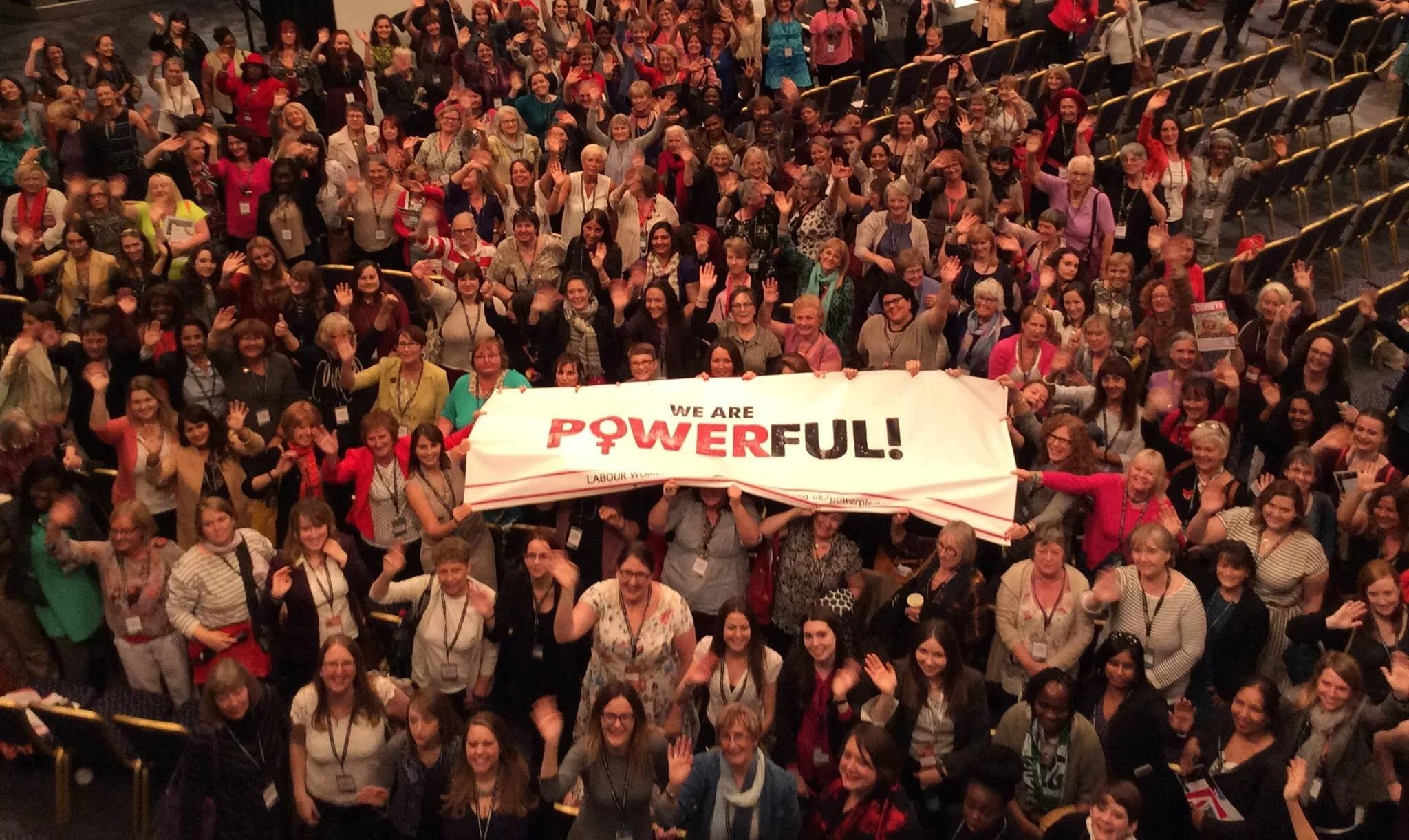Director of Labour Women’s Network: Labour needs candidates with a compelling narrative
As Labour gears up to spend 2022 selecting its candidates for the next General Election, it’s imperative that we choose candidates who can tell a compelling story: their own, and that of Labour’s future.
As we’ve seen from recent successes such as Kim Leadbeater’s Batley by-election victory, candidates who connect with communities are those who can clearly link their own personal narratives to their political motivations. Battle ground by battle ground, we need a diverse range of talented and hardworking candidates able to tell voters succinctly and emotively why them, and why Labour.
Many on Labour’s recently rejuvenated frontbench are skilled at political story telling. Most members could repeat back how Angela Rayner’s difficult upbringing and teen pregnancy drive her to battle for a world with more support and opportunity for struggling families. Or that Wes Streeting’s battle with kidney cancer last year gave him first-hand experience of the urgent need to protect and invest in our NHS. We recall that Rachel Reeves’ youth as a national chess champion and career at the Bank of England taught her the strategic thinking necessary to restore trust in Labour’s economic competence.
As with all good communications, brevity and repetition are key. Through Labour Women’s Network’s highly regarded political development programmes and parliamentary candidate training, we encourage talented women coming through the Party to understand what drives their politics, bottle this down to as simple a message as possible, and repeat it verbally and in writing at every opportunity, from your Twitter bio to your coffee morning introduction to your leaflet headers.
The point at which you are starting to feel sick of repeating your own story is the point at which it is just beginning to cut through with others. Variation on a core narrative is a temptation, but should be considered a hindrance not a help. The goal is for your target audience’s end of the sentence “Oh, is that the one who..?” to be the considered and authentic USP you want it to be, not anything else they have deduced or inferred about you along the way. It should be needless to say, but alas is not always fully appreciated, that that message must be meaningful and relevant to the electorate as well as the selectorate.
We should be wary, too, of the lazy assumption that the best narratives necessitate hyper-parochialism. Having been born and bred in the square mile of any given seat is not the only way to connect with people, and excludes lots of diverse Labour talent from a shot at representing Labour areas. Lived experience at home, at work and in the community, tied well to political motivations, vision, and values can appeal regardless of geography.
Finding candidates with compelling and relevant stories to tell means finding candidates who represent the breadth of modern Britain, in geography and in demography. Unfortunately, Labour’s current parliamentary selection process does not have diversity at its heart.
That’s why Labour Women’s Network is pushing for #Selections4ThisMillenium -shorter, cheaper, hybrid selection processes which reduce the barriers women and people of other protected characteristics experience when seeking office, not exaggerated them. The reality is that we have an analogue selections process in a digital age.
In a social media era, many Party members decide who should be their next MP in a matter of days. More months simply mean more barriers. Trawling door to door from one cup of tea to the next is no longer, in all honesty, how selections are won, and our rule book should reflect that.
Labour’s rules should minimise the challenges presented by finance, access, caring responsibilities, work commitments and geography as much as possible. As realists, we know oppression of women and minorities is structural, and the playing field may never be level. But we can take all possible measures to reduce the mountains to molehills.
Labour’s National Executive Committee are expected to meet to make progress on this issue at the end of the month. I hope that they will make the bold and forward-looking changes we need to ensure the faces Labour presents to communities come the next General Election are the talented, diverse, credible communicators the Party need and the country deserves.
The polls are heading in our favour, with the Prime Minister’s partying antics, insincere apology and wider contempt for the electorate contributing to a ten point Labour lead for the first time in my youngest three children’s lifetime. Concrete policies -like Labour’s proposed cut to VAT on fuel bills, funded by a North Sea oil windfall tax- are beginning to cut through. The Shadow Cabinet is refreshed and upping its game. Britain needs leadership.
It’s game on time for Labour. Let’s make sure that high calibre candidates that look and sound like the UK today and are ready to run the country are on the pitch.
Claire is Director of Labour Women’s Network and a trainer on the Jo Cox Women in Leadership Scheme. She was previously a councillor, an equalities advisor at Business in the Community, and a political officer in 10 Downing Street.

